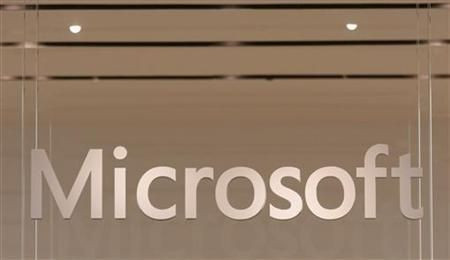Microsoft India Launches Cloud-Based Office 365 University Product For College Students

The Indian subsidiary of Microsoft Corporation (NASDAQ:MSFT), on Tuesday, launched Office 365 University, a product aimed at college students that allows access to Microsoft applications such as Word, PowerPoint, Excel, OneNote, Publisher and Access at a price of 4,199 rupees ($68) for a four-year subscription.
Full-time and part-time students enrolled in accredited higher-education institutes of India, as well as faculty and other staff, are eligible to purchase the product, following an online verification process, during which buyers will need to provide their college or university credentials.
The competitive pricing and advantages offered by the cloud-based service in sharing and editing documents in real-time is expected to boost the number of Microsoft Office users among Indian students, many of whom use pirated software, according to analysts who spoke to Business Standard, a local newspaper.
Microsoft said school students and working professionals will not be able to use the service, and the company pointed out that, on completion of their college education, students will not be able make changes to their documents, although they will still be able to access them.
However, analysts said the targeted user base is not significant and that Microsoft could offer a similar package to a wider spectrum of users, who can pay for cloud-based Office products.
A 2011 study, published by BSA, a global trade body, found that about 63 percent of Indians used pirated software, which means more than six out of 10 software programs used in India were not licensed.
A study published in May of this year, by BSA, found that a one percent increase in the use of licensed software in India would generate an additional $1.3 billion in the nation’s gross national production, compared to only $554 million from a similar increase in pirated software. The report said each additional dollar invested in legitimate software could generate $75 in returns, compared to $19 generated from each additional dollar invested in pirated software.
In July, the Federation of Indian Chambers of Commerce and Industry and BSA had jointly launched a three-year campaign to create a favorable environment for intellectual property protection in India, amid criticism from foreign governments and corporations that India is driving away foreign businesses by failing to foster innovation because of a lack of measures to protect intellectual property rights.
© Copyright IBTimes 2025. All rights reserved.






















